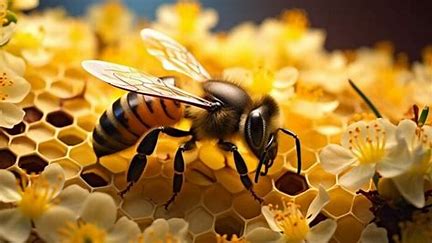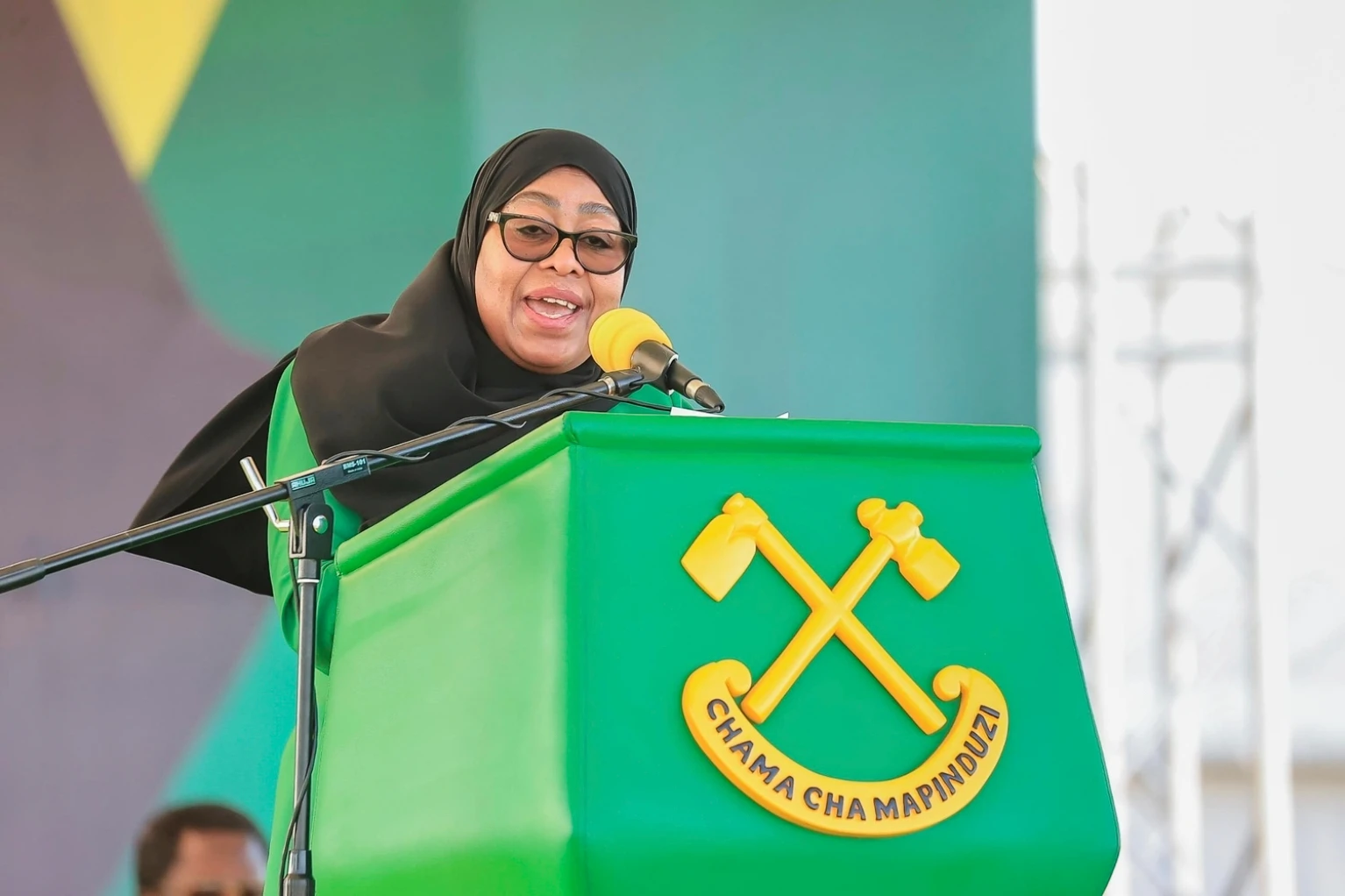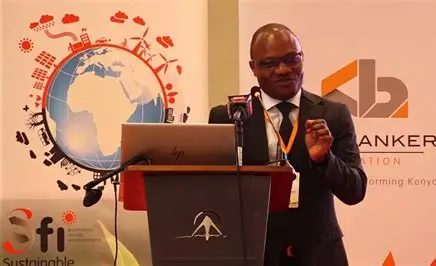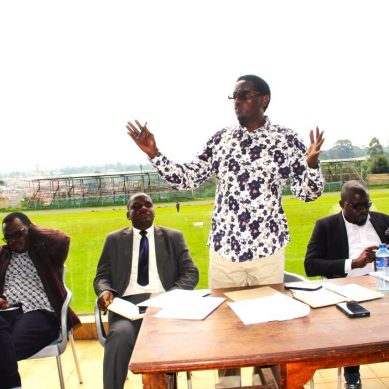
With four-fifths of Kenya’s landmass designated as arid and semi-arid, a senior official in the State Department of Livestock Development wants farmers and livestock keepers in the regions to diversify into flowering plants to encourage beekeeping as an alternative source of food and income.
Dr Monica Olala says diversification into honey-production in Turkana and other counties is critical to environmental conservation if flowering plants are native and pollinator-friendly to the region.
Dr Olala was speaking in Lodwar during the seventh edition of World Bee Day celebrations that was this year hosted by Turkana County.
Observed annually on May 20, the occasion is an international initiative by the United Nations to direct attention to the critical role bees and other pollinators play in food security and biodiversity.
“You better choose native and pollinator-friendly plants in Turkana. This is because a large proportion of the crops grown in the country depends entirely on bees and other pollinators for successful pollination. Therefore, bees are crucial for the production of food in Kenya and the world at large,” She advised.
Dr Olala disclosed that 2024 verified data show beekeeping alone contributed to approximately Ksh19.23 billion ($148.6 million) to agricultural gross domestic product, which ranked it sixth behind beef, dairy, poultry, goats and sheep.
The officer encouraged apiculture stakeholders at the meeting to adopt safe pesticide use by considering toxicity and timing of application, implement integrated pest management to reduce reliance on harmful chemicals and embrace agroforestry and environmentally friendly farming practices.
She also stressed on the need to preserve patches of natural flora-also known as “bee hotels”, within cultivated lands and to avoid harmful activities such as deforestation, charcoal burning, bush clearing, and improper spraying that destroy bee colonies.
This year’s theme, “Bee inspired by nature to nourish us all,” emphasises the connection between pollinators, agrifood systems and biodiversity.
Acting County Secretary Joseph Nyang’a, who represented Governor Jeremiah Lomorukai said that in 2024 alone, Turkana produced 138 metric tonnes of honey valued at Ksh128 million ($988,800), alongside 46 metric tonnes of beeswax worth Ksh32 million ($247,200).
“These impressive results are a product of our sustained investment in training, modern equipment and processing infrastructure,” Nyang’a said.
He added: “In the 2023/2024 financial year, the county government allocated 5 per cent of the Department of Livestock Budget to support the apiculture sector. With this funding, Nyang’a confirmed, the county government has procured and distributed over 1,200 modern beehives, trained more than 640 community beekeepers, established a state-of-the-art honey processing and value addition centre in Naoti, and strengthened seven active beekeeping cooperatives.
These efforts are in line with our broader strategy to build a resilient, commercially viable apiculture industry.
The cabinet secretary said beekeeping in Turkana is one of the most inclusive livelihood activities. Today, 68 per cent of new entrants in the apiculture value chain are women and youth.
The county government supports 24 women groups and five youth cooperatives that are involved in beekeeping. These groups are not only transforming household incomes but are also advancing gender equity and community entrepreneurship.
Office of the county commissioner was represented by Assistant County Commissioner Andrew Mutuma, who said that Turkana is endowed with rich biodiversity and indigenous knowledge that can be harnessed for sustainable apiculture.
“As part of providing its leadership and coordination in the sustainable development of the continent’s Animal Resources, in 2016, the African Union Inter-African Bureau for Animal Resources (AU-IBAR) with support from the European Union, and in partnership with international Centre of Insect Physiology and Ecology (ICIPE), implemented a Bee Health Project. Among the key outputs of the project was the formation and operationalization of the Apiculture Platform of Kenya (APK), which has coordinated the celebrations for the World Bee Day, held here in Lodwar today,” Annie Lewa of AU/IBAR said.
- A Tell Media / KNA report / By Peter Gitonga
Turkana County commissioner Julius Kavita hosts a delegation from the State Department of Livestock Development led by Dr Monica Olala








